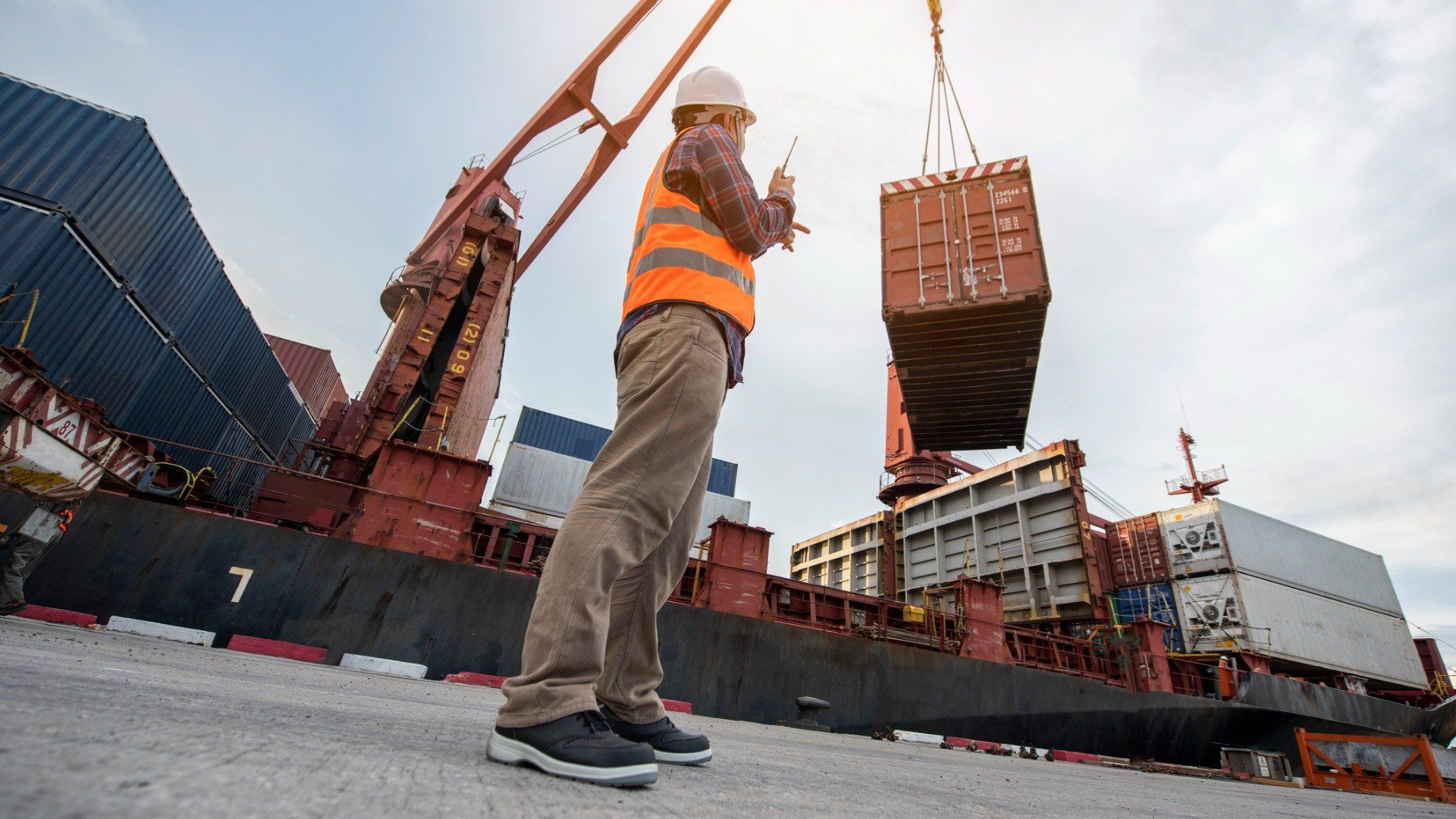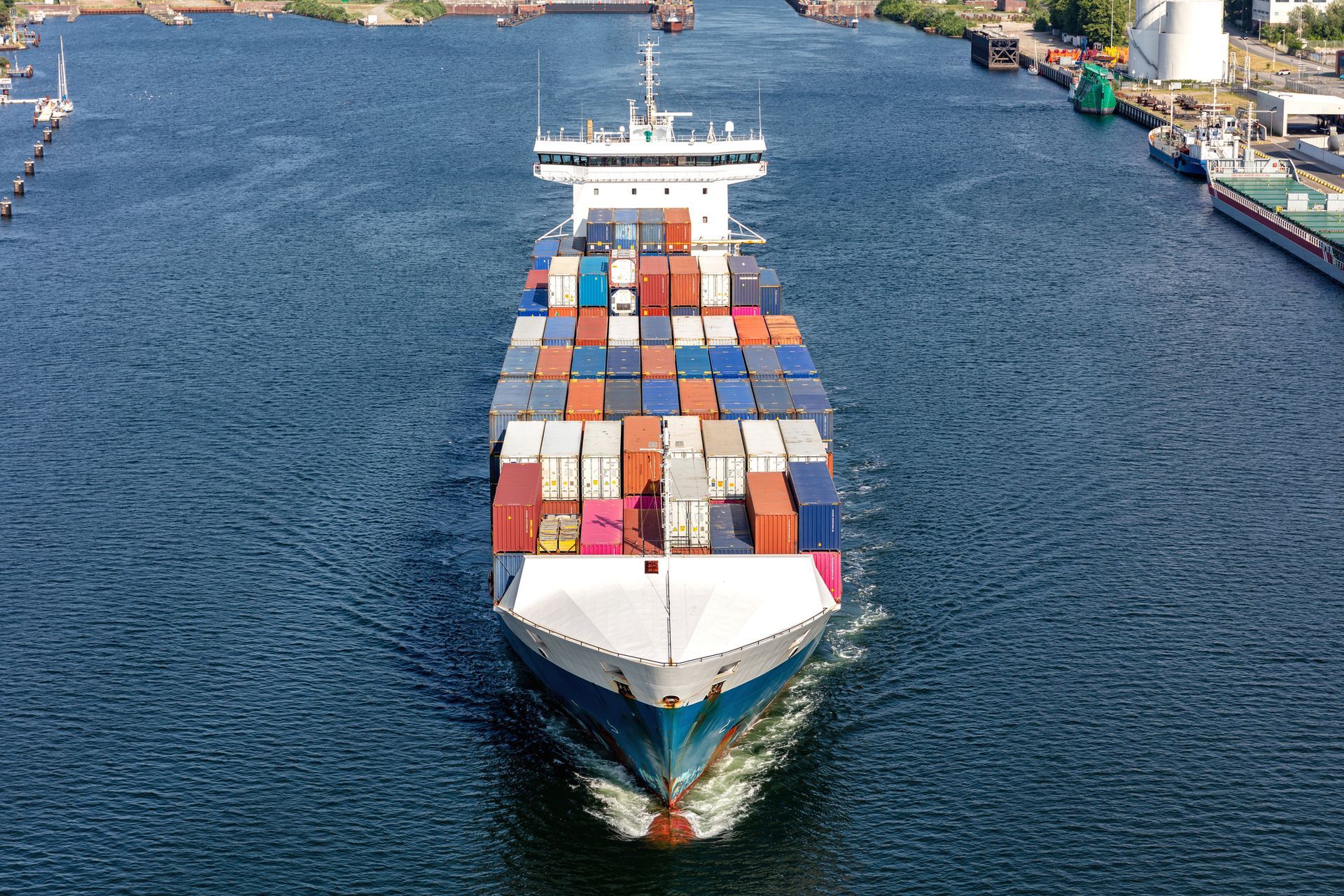
If you work with merchandise transportation, whether in import or export, you are aware of the challenges faced in this process and know that logistics is complex, requiring comprehensive operational and bureaucratic management. Besides the potentially high costs, the numerous practices, standards, rules, and laws need to be interpreted and strictly followed. All of this, combined with the importance and volume of required documentation, makes these operations seem complicated and difficult to execute.
Therefore, to overcome these significant logistical challenges faced by companies, the solution may be to seek business partners who facilitate the receipt and shipment of goods, making your business more competitive and profitable.
In this scenario, we have companies responsible for the receipt and shipment of cargo in FCL (Full Container Load) and LCL (Less than a Container Load) modes.
Typically, a company opts for an FCL shipment when its cargo can fill a container completely. When choosing an LCL shipment, it is because there isn't enough cargo to fill an entire container, and it groups its cargo with other smaller shipments from other companies heading to the same destination.
Consolidating cargo for LCL shipments has become an increasingly common practice. It involves combining various shipments that share the same destination.
To meet these demands, NVOCCs (Non-Vessel Operating Common Carriers) emerged as business partners that can offer customized solutions for each type of company and cargo.
What is an NVOCC and How Did They Emerge?
An NVOCC, or Non-Vessel Operating Common Carrier, is a carrier that does not operate ships. Its role is to group and organize different types of cargo for various destinations, aiming for secure, efficient logistics at an affordable cost.
They support importers and exporters (BCOs) with fractional cargo consolidation services, solving shipment problems, and streamlining processes for safe transportation.
Companies considered as NVOCCs have a global structure and expertise to handle cargo logistics.
When hiring an NVOCC, they will be responsible for contracting, for example, maritime freight, grouping, and unitizing small container loads, and will generally charge based on the space occupied. They will also handle all documentation and procedures for the shipment to occur.
When Did They Emerge?
These companies were created in the 1980s out of the need for small load importers and exporters who had to pay for the cost of an entire container, even when their cargo did not completely fill it.
The option was to wait for new orders until it was advantageous for the cargo owner to bear the costs of a container operation. This could result in delivery delays and complaints from buyers.
Regulatory recognition occurred in the United States and was regulated in Brazil through Resolution No. 9,068 on March 4, 1986. This global recognition allowed maritime cargo consolidation to expand worldwide.
Differences Between Freight Forwarder and NVOCC
Freight forwarders, also known as forwarding agents or cargo agents, provide logistical solutions for importers and exporters according to their needs.
They have numerous responsibilities, such as coordinating and executing maritime and air shipments, road transportation, order control, cargo palletization, customs clearance, etc. A freight forwarder can be a client of an NVOCC when cargo consolidation is necessary.
The differences between them are directly related to the complementarity of the services provided by these companies.
In general, if you want a company that manages the shipment from end to end, handles all documentation and transportation requirements, and customs clearance, you are looking for the services of a freight forwarder. However, if you need to consolidate LCL cargo, you should hire an NVOCC.
However, there are freight forwarders that also perform their own cargo consolidation, offering this as one of the products in their portfolio, and there are NVOCCs that provide additional services, such as road and air transportation, while maintaining their core focus on cargo consolidation.
Advantages of Hiring an NVOCC for Import and Export Shipments
Beyond cargo consolidation, an NVOCC can ensure that each operation is conducted in the best possible way, bringing many advantages.
Efficiency in Cargo Shipment
NVOCCs will choose the best logistical solution for your shipment, always aiming for competitive freight rates combined with a good transit time from departure to cargo arrival.
NVOCCs typically have various direct services, meaning your cargo is placed in a container, and that equipment is the same that will arrive at the final destination. The benefit of direct service is reduced transit time and mitigated risks of damage, as cargo handling is minimized.
In the absence of direct service, the NVOCC will opt for the best logistics, always considering the best solution for your shipment. For example, if your cargo is in France, the NVOCC will transport it by truck to Germany, from where it will be placed in a container to continue its journey to Brazil.
No Need to Worry About Bureaucracy in Maritime Transport
An NVOCC will be responsible for all stages of the shipment, from arrival at the terminal to the delivery of the stuffed container in the ship's docking area, known as Pre Stacking.
They will handle the receipt, storage, grouping, and unitization of cargo, payments, and also the issuance and control of all necessary documentation for maritime transport.
After the container shipment is confirmed, you will receive the "Bill of Lading (B/L)." This is one of the most important documents in the process, containing all information about the cargo, exporter, and importer data.
Increased Competitiveness and Profitability for Companies
Conducting product shipments safely and with better space utilization means cost reduction. This is one of the great advantages of this practice.
An NVOCC's expertise ensures the best possible price for a shipment and allows the process to occur more quickly, correctly, and efficiently, generating more competitiveness and profitability.
Safety and Risk Management
Unforeseen events happen and cause losses. Therefore, NVOCCs offer insurance and risk management. Insurance can provide your company with security in cases of accidents, damage, deviations, theft, or any other issues with your cargo.
To anticipate all the dangers surrounding the logistics process, they conduct a risk management analysis in advance, analyzing and recommending the safest and most efficient way to execute each operation.
For example, if the cargo is delicate, like certain types of drums that cannot be stacked because they dent, special care is needed.
If the cargo is a product with a smell, like coffee, which cannot be mixed, for example, with fabrics that will absorb the aroma, the NVOCC may refuse to load it to avoid damaging another company's cargo.
If the involved cargoes are part of the fire triangle, representing cargoes with elements in their manufacture that together can lead to combustion, the NVOCC may not accept the shipment for precautionary reasons.
All of this is part of analyses to ensure cargo safety and manage the risks involved in the operation. Therefore, it is crucial to know exactly what will be transported to prevent damage and ensure the ship and crew's safety.
How to Choose an NVOCC to Consolidate Your Cargo
If you decide to hire this service, you should first choose a company known for its excellence and credibility. Learn about its history, time in the market, and compliance with regulations.
Additionally, ensure it provides full support to its clients, with prompt service.The company should be a specialist in cargo shipping, whether LCL or FCL, have expertise in the documentary procedures of each region, and its organizational structure should be exemplary. This will ensure all the security and quality your company needs to transport its goods.
A crucial differentiator is that it has global coverage to support logistics and ensure that regardless of where your cargo is located, this NVOCC can assist you. Additionally, observe the number of direct routes offered and other origins and destinations served through these direct routes.
Information at Your Fingertips Whenever You Need It
Ensure it provides access to all the information you need quickly and easily. Information about booking, invoices, tracking, shipment movement, document copies, ship schedules, and much more should be available.
To learn more about the NVOCC service, download our guide on LCL transport and everything related to this mode of transportation.
Continue a navegar no blog da Allink

Mantenha-se informado sobre o comércio exterior
Assine nossa newsletter e receba atualizações semanais de forma gratuita sobre o mundo da logística.




